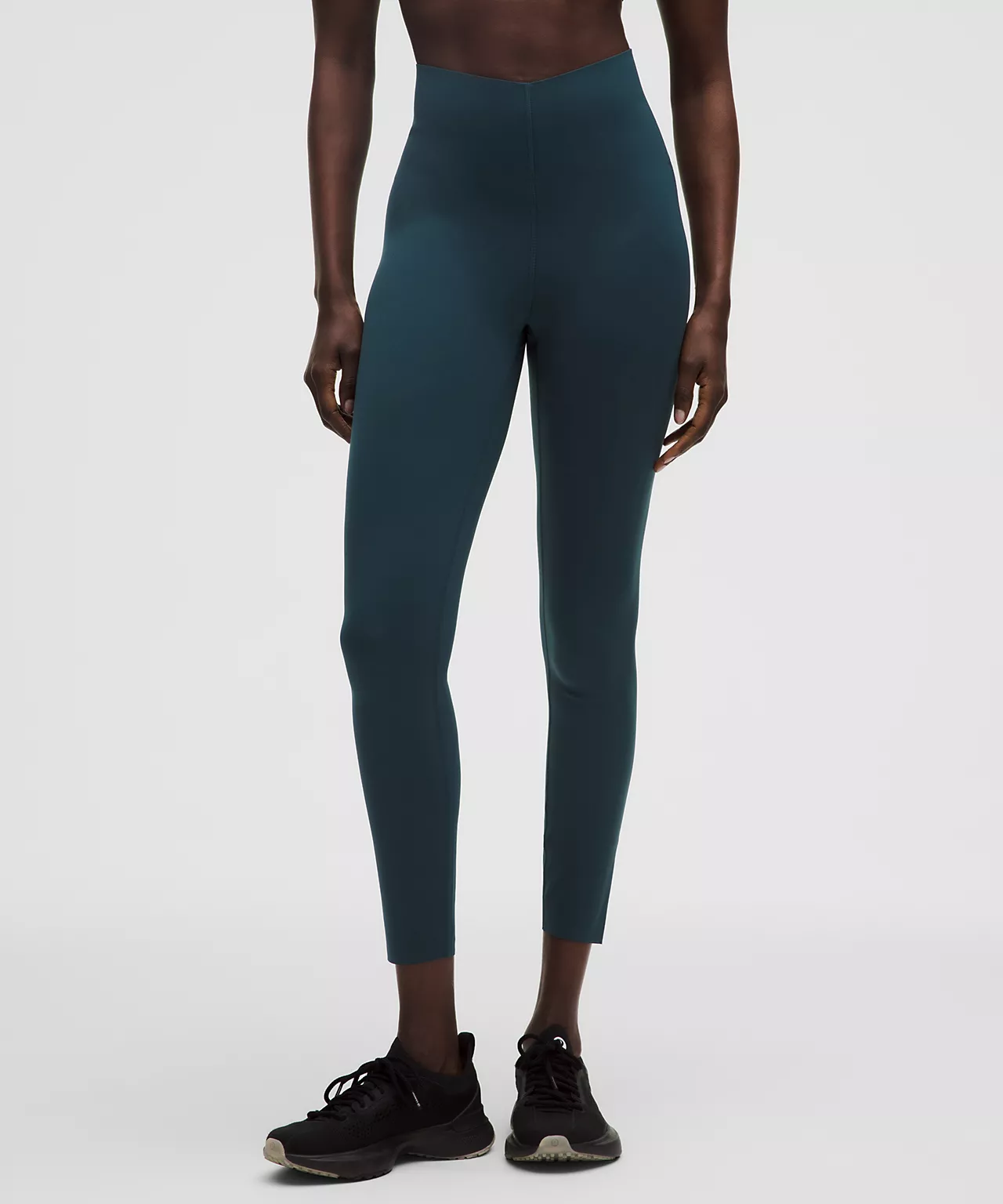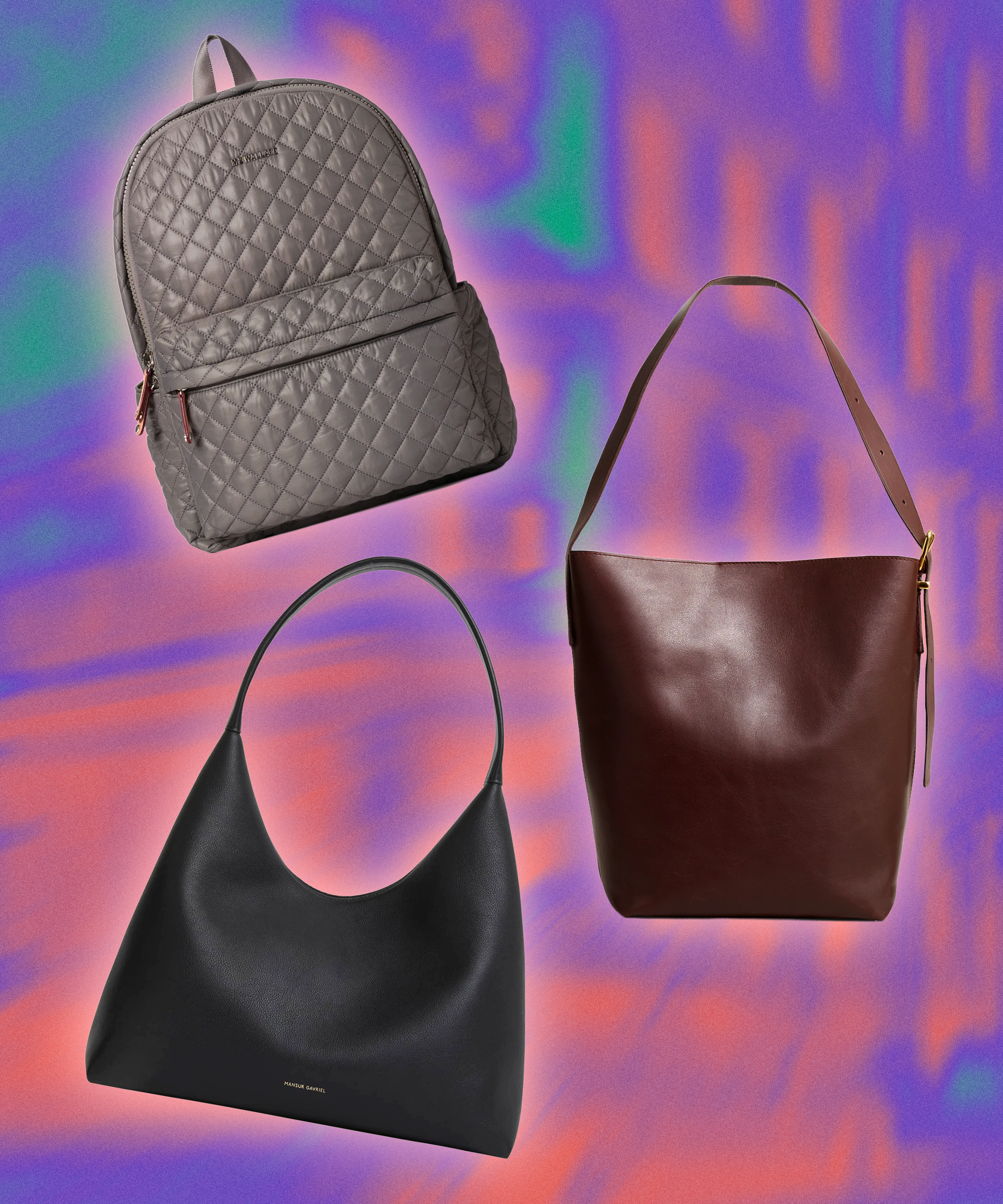
If there’s one thing skin experts want you to know, it’s that the sun is the single worst thing for our skin’s health. While UVA rays damage our skin’s very structure and accelerate its natural ageing process, UVB rays can damage our skin through burning and, in some cases, are responsible for different skin cancers. If there’s one thing we can do for the health of our skin, it is protect it from the damaging rays of the sun.
The truth is we know this. Sadly, though, it doesn’t matter how good our intentions are; we all get burnt sometimes. For example, as a beauty editor, I am all too aware of the issues the sun can cause my skin. I am regimented with daily application of SPF50 head to toe. But a couple of weeks ago, while lounging on a Portuguese beach on holiday, I fell asleep in the sun for half an hour. When I woke up, my chest was a vivid shade of rouge. Sunburn really does happen to everyone.
And while we do not advocate anybody lying out in the sun with the intention of tanning their skin (there is no such thing as a healthy way to tan, FYI, unless it comes in a bottle), it’s important that you know what to do to keep damage to a minimum when you find yourself experiencing sunburn.

A lot of skinfluencers and experts out there will have you thinking that all forms of sun damage are permanent in terms of our skin’s health, but that isn’t necessarily true, particularly when it comes to damage caused by UVA rays (the damage that doesn’t present as sunburn). Ifeoma Ejikeme, a CeraVe consultant dermatologist, explains, “Some forms of sun damage, such as hyperpigmentation, dry skin, visible pores, fine lines, redness and uneven skin tone, can be reversed. The more significant the sun damage, the more products and treatments may be needed. If sun damage is very severe, it may not be possible to significantly improve the skin.”
When it comes to the DNA damage caused by sunburn, however, we’re sorry to say that damage is very much permanent. “Sunburn is the main short-term harmful effect of excess sun exposure. This painful, swollen and red reaction, which can blister when extreme, is caused by UVB. UVB only penetrates as far as the top layer of the skin and can cause sunburn. It directly damages the DNA in our skin cells and increases the risk of skin cancers further down the line. Although some of this damage is repaired by DNA repair pathways, if the damage is excessive, it will accumulate and increase our risk of skin cancer,” reveals Hiva Fassihi, a consultant dermatologist for La Roche-Posay.


“Sunscreen should be applied generously and thickly in the mornings to all exposed sites. Care should be taken to cover all exposed parts of the body. For the face, you must wait 20 minutes for the preparation to fully absorb into the skin before makeup is applied. Spray-on mists, which can be applied over makeup, allow convenient topping-up during the day without disturbing your makeup.” says Fassihi.
However, we’re willing to admit that keeping up with the necessary SPF application on a day with a particularly high UV index is not easy, meaning sunburn isn’t always off the cards (even if you are applying to the best of your ability). If you’re in a situation that has resulted in you getting sunburn, keep scrolling for the expert-approved ways to treat it and prevent worsening the damage.
As with all burns, cooling your sunburn is a good way to relieve some of the pain straight away. “Cool the skin down by avoiding heat and using a cold compress,” advises Ejikeme.
When it comes to showering, be sure to use cool water (hot water will worsen inflammation and dry the skin out even more) and use a non-irritating cleanser. “Cool showers and washing with a gentle, non-foaming cleanser can help. Harsh, aggressive foaming cleansers and any scrubs should be avoided,” says Fassihi.
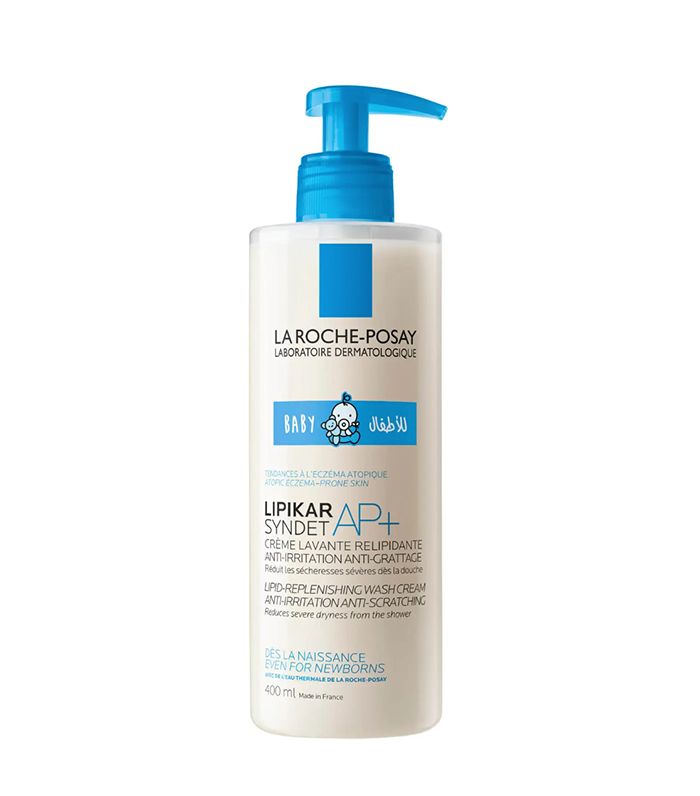
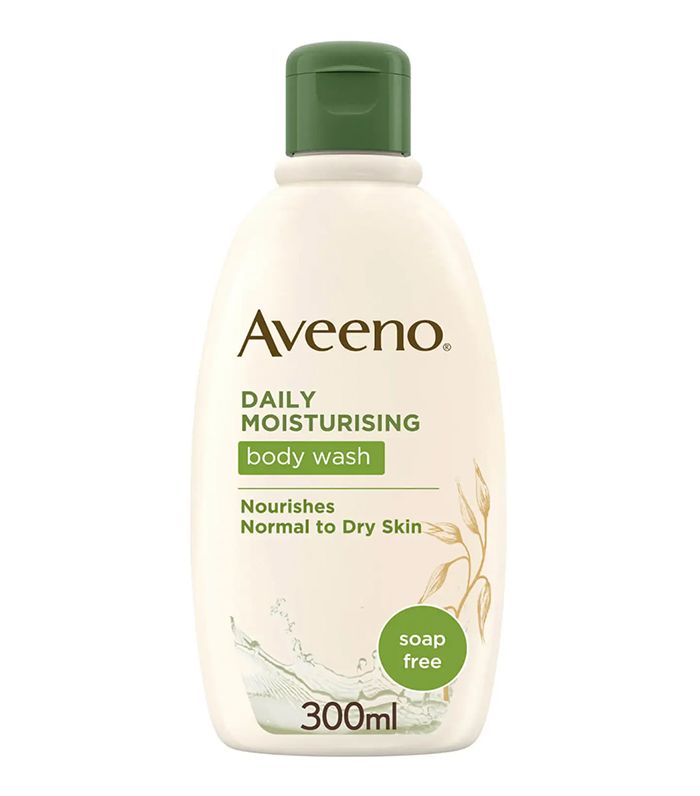
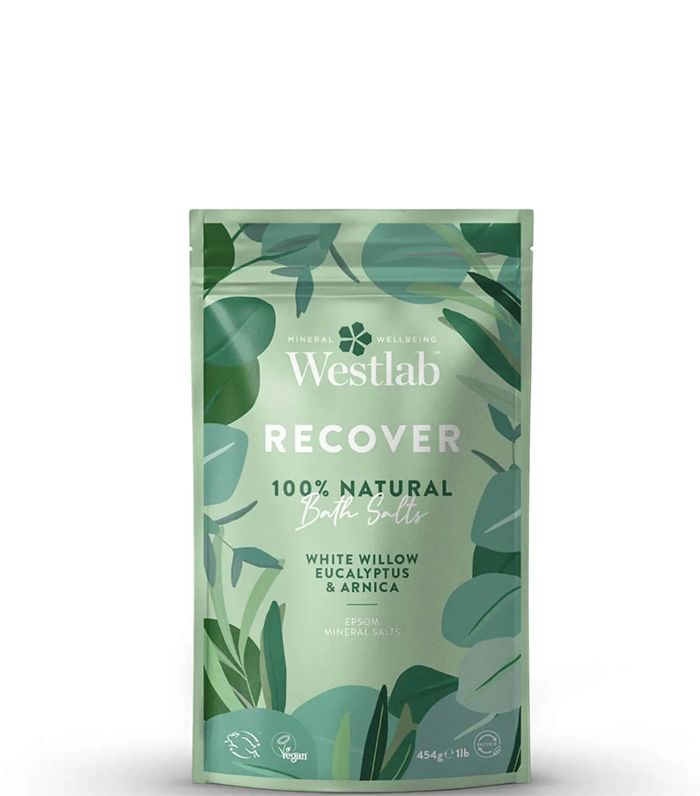
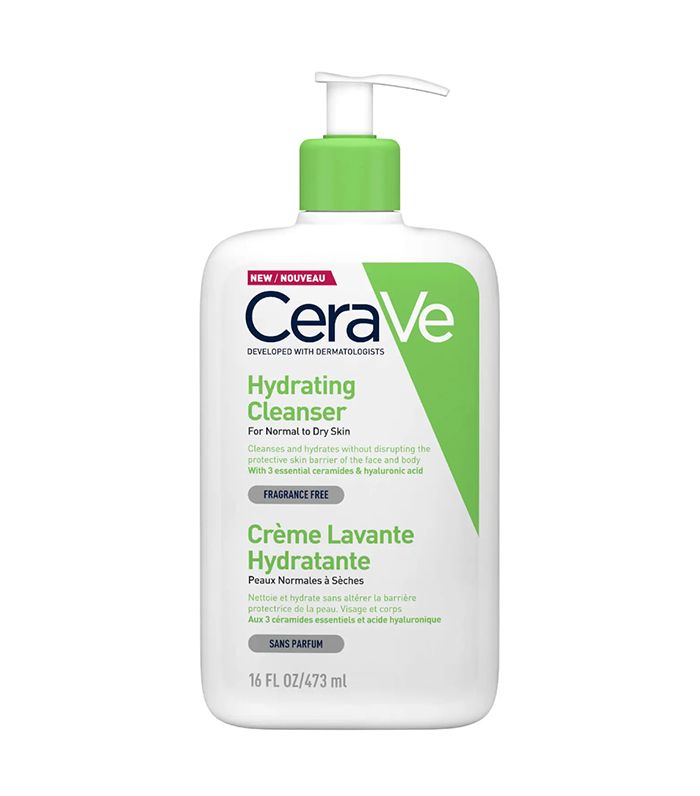

One of the most important pieces of advice for treating sunburn is to leave it alone as best you can, especially if the skin has blistered or started to peel. Fassihi warns, “If the sunburn is severe and there is blistering on the skin, you should not pop or peel the blisters. They should not be interfered with, as there is a risk of causing further damage and exposing the delicate vulnerable underlying skin, increasing the risk of infection.” Instead, keep friction to a minimum by wearing loose-fitting clothes.
Hydration is absolutely crucial if you’re experiencing sunburn. “Sun-damaged skin has increased transepidermal water loss—that is water loss through the skin. You will be more prone to dehydration, and so it is important to take in more fluids and snack on water-rich fruits and vegetables like cucumbers and watermelon,” says Fassihi.
Aftersun lotions are a sunburn go-to thanks to their cooling, soothing nature. But did you know that you needn’t splurge on an entirely different product? Instead, just use a hard-working, non-irritating moisturiser as your aftersun. In fact, most of the time these body creams contain much more hard-working ingredients. To help your skin repair its now-damaged barrier, soothe irritation, and restore lost moisture, be sure to moisturise the area every single day.
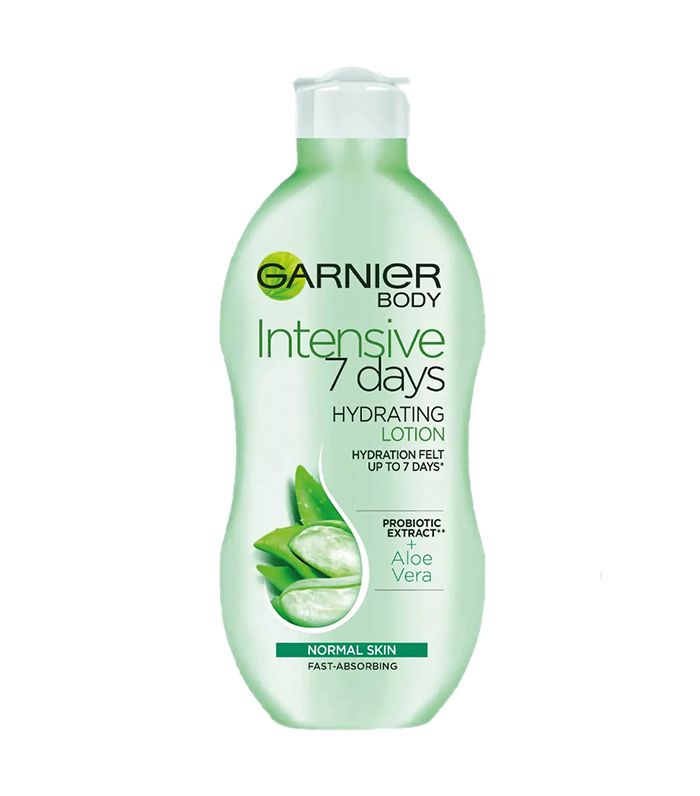
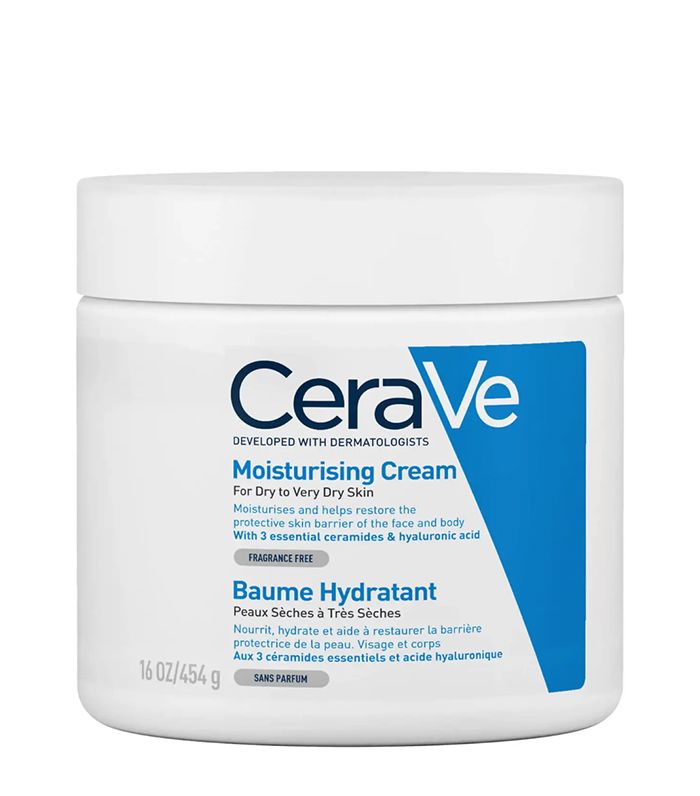

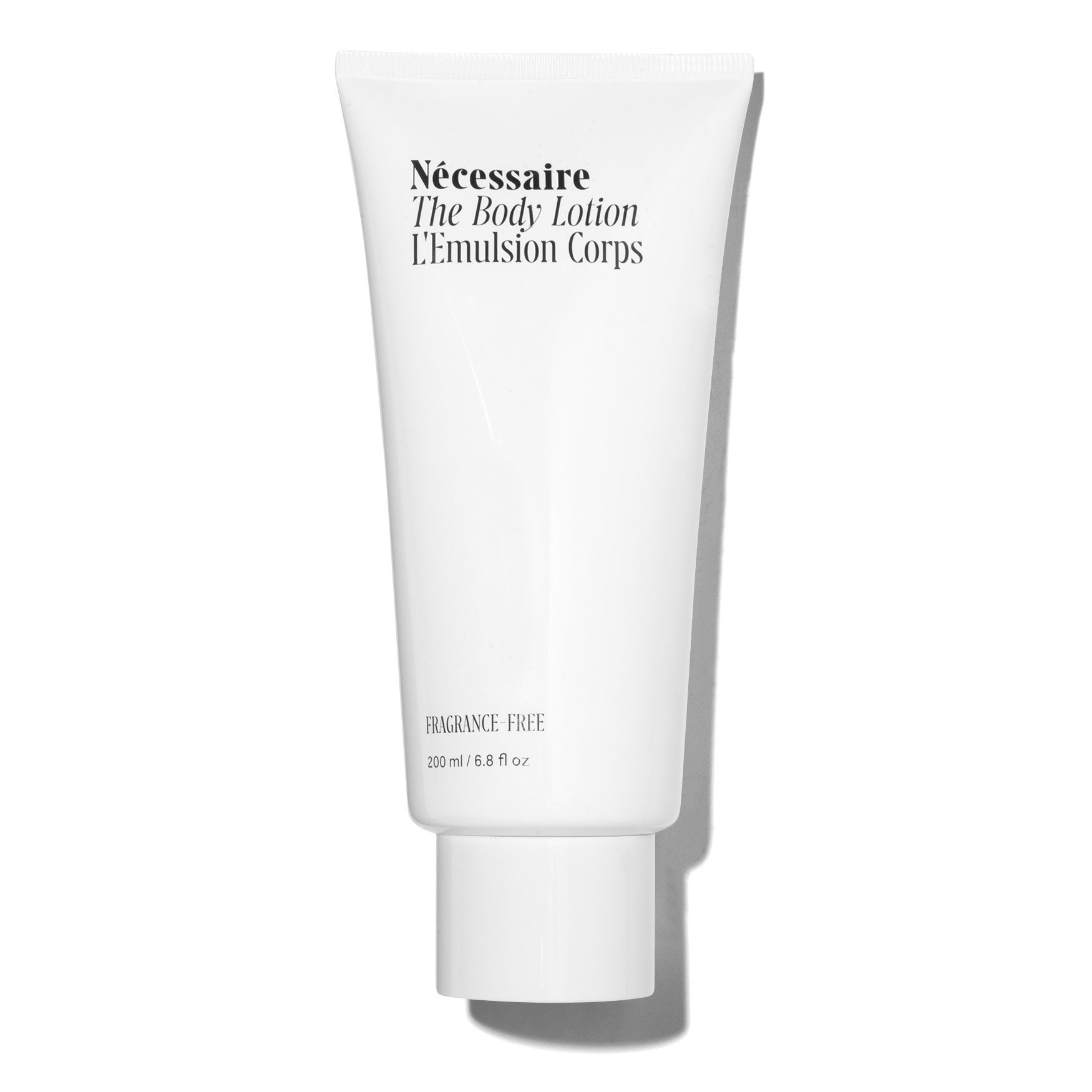
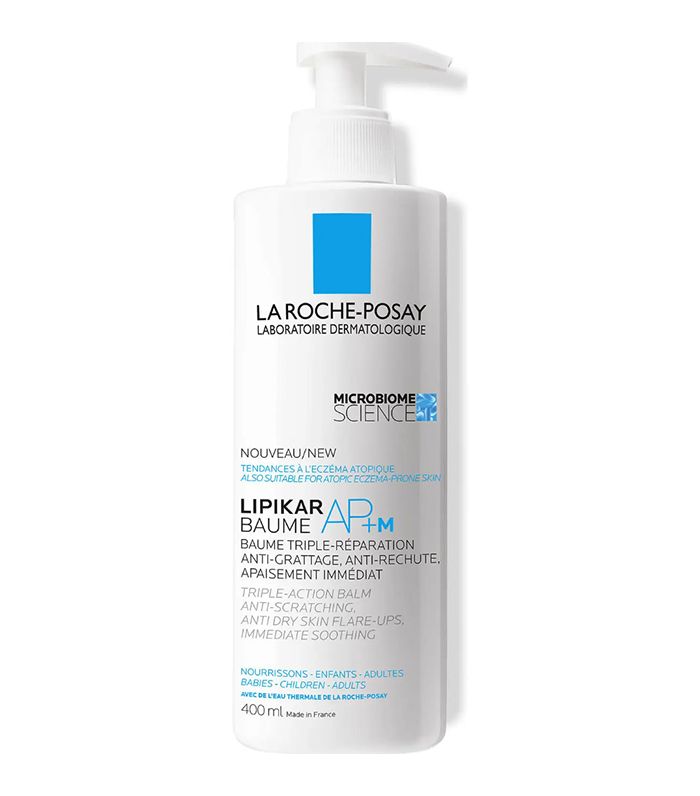
We know it shouldn’t need to be said, but we kind of feel like it also does. If you have sunburn, stop going out in the sun. “It is important to try and understand why you developed sunburn in the first place so that you can take measures to avoid it next time. What was your mistake? Was it a cloudy day and you did not realise that the levels of UV radiation can be high on cloudy days? Did you not apply your sunscreen properly? Maybe you missed an area of skin,” says Fassihi.
It is absolutely crucial to remember that sunburn does not simply “turn into tan.” A suntan is simply a different form of damage. Exposing your seriously damaged skin to more sun will not help the situation. “If you have a sunburn, you should absolutely avoid additional sun exposure. It amazes me the number of people I see on holiday who go back out into the sun whilst their skin is still reddened. Skin is already damaged and vulnerable; you need to protect it until it is fully healed. After sunburn, it is very important to cover up properly. If you are going out, make sure you are wearing densely woven clothing,” she adds.

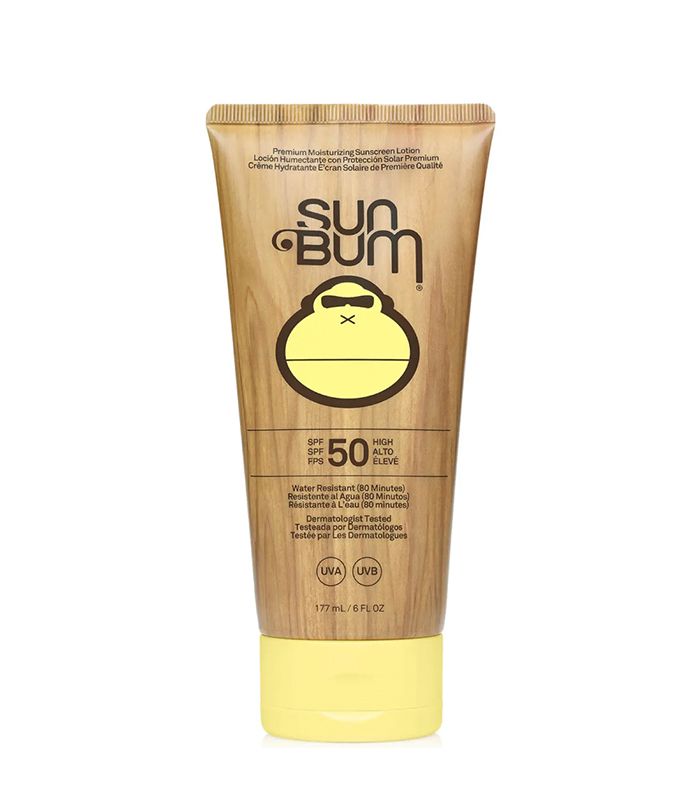
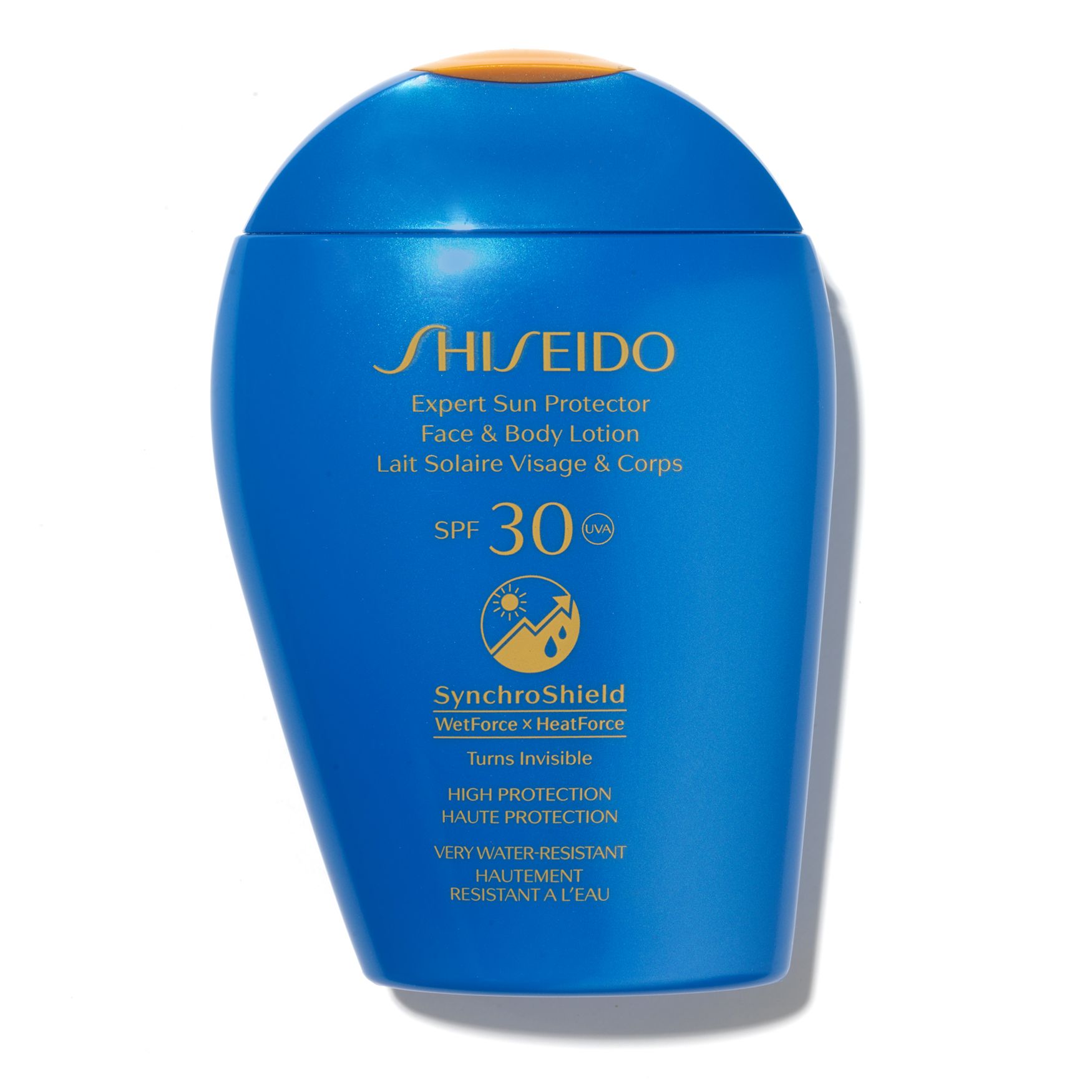
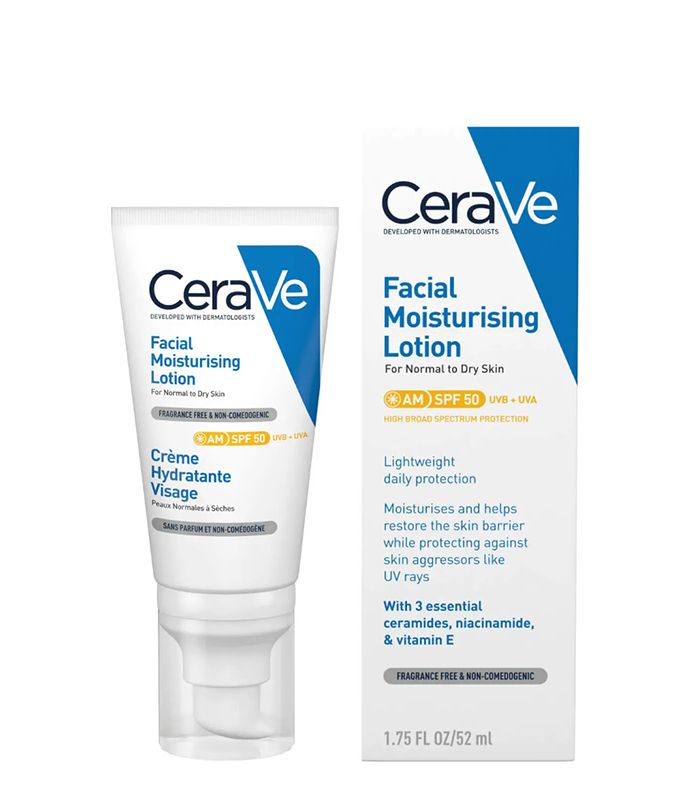
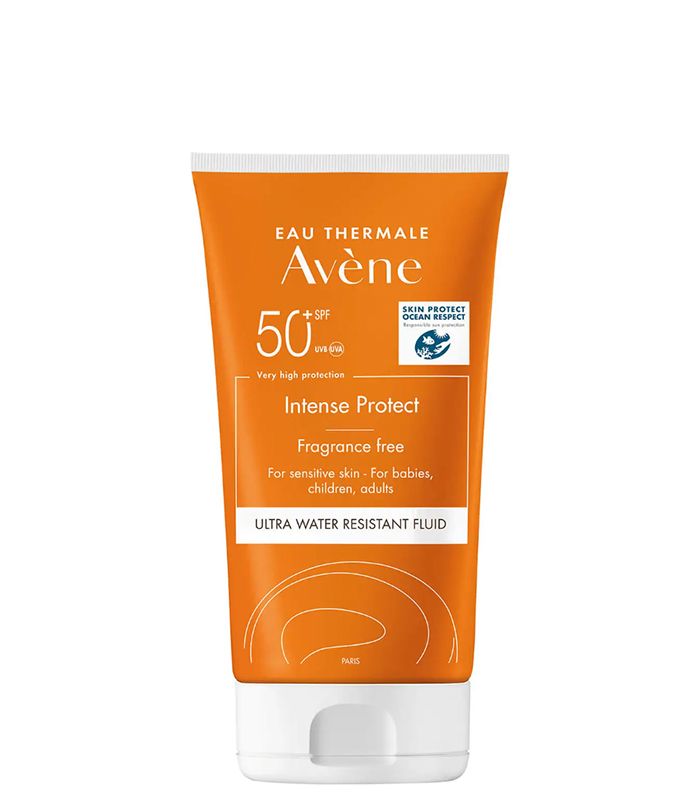
Next up, yes, you should be wearing SPF every day—these are the only 15 worth your money.


